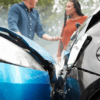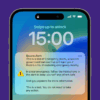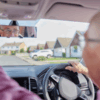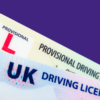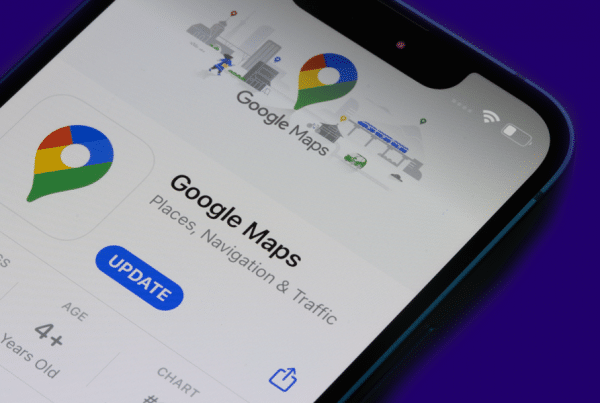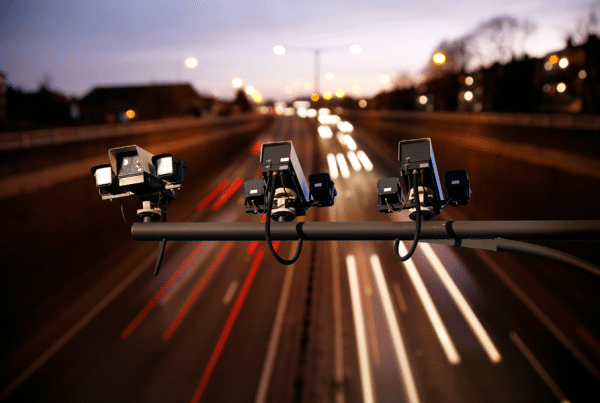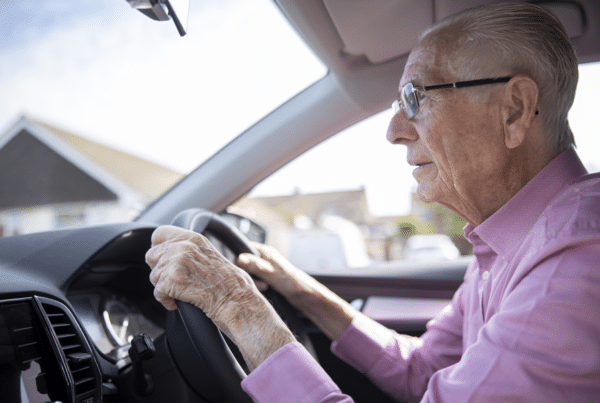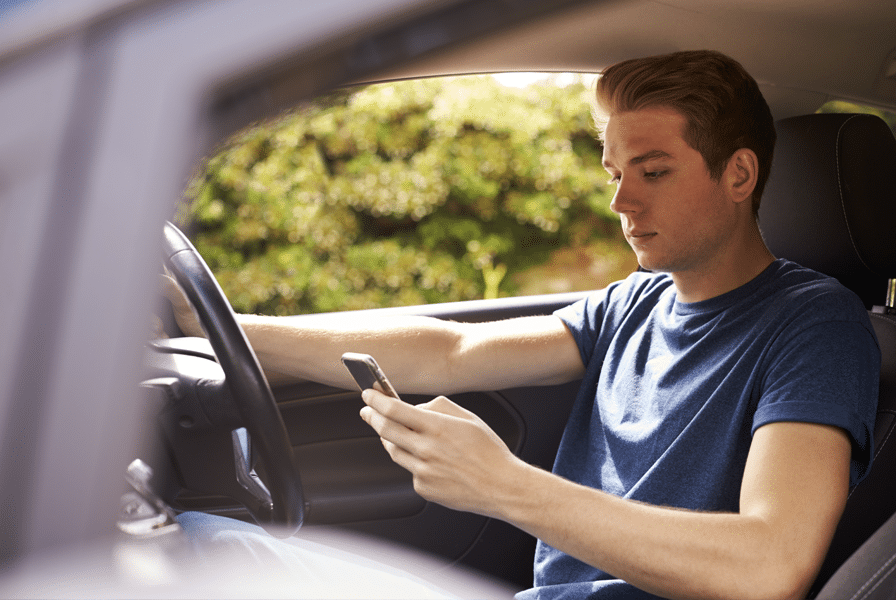
The Shocking Stats: Selfies, Social Media, and Sleepless Driving
A recent survey by road safety charity IAM RoadSmart has uncovered some disturbing insights into the habits of young UK drivers: 31% admit to snapping selfies and filming videos while driving, with a shocking 57% of them taking it further by actually posting these reckless moments on social media—(they may as well hand their phones to the coppers on a lovely satin pillow)
It’s not just selfies, either; drowsy driving is also a huge issue. While it may seem harmless, 41% of young drivers have admitted to getting behind the wheel when they’re absolutely knackered. Let’s be honest—a drowsy driver’s focus is about as sharp as a spoon. And it doesn’t stop there: one in six also confessed to texting while driving, risking a hefty £200 fine and six points on their license under the UK’s zero-tolerance mobile phone laws. That’s bye bye licence if you passed within the last 2 years. (What happens if I get 6 points on my licence within 2 years of passing my test?)
The Department for Transport’s got a warning for new drivers: one in five will crash within their first year. Let’s be real—these newbies need to respect the road and ditch the “just one quick text” mentality. The behaviors flagged in this survey? They’re no joke, and the numbers back it up. Each year, around 5,000 people are killed or seriously hurt in crashes involving young drivers. It’s time to get serious, people—no text is worth a life.
According to the Department for Transport (DfT), one in five new drivers will have a crash within their first year on the road. These fresh drivers need more than luck—they need a solid respect for the road and the patience to resist those “must-text-now” moments. The habits highlighted in the survey can lead to tragic outcomes, with around 5,000 people killed or seriously injured each year in crashes involving young drivers.
Shockingly, even with the UK’s legal penalties, 5% of young drivers have confessed to driving under the influence of alcohol or drugs. The threat of a driving ban, a fine of up to £2,500, and even a year in jail isn’t always enough to deter some from taking risks. Adding to this thrill-seeking behavior, some drivers admitted to racing other cars and even applying makeup whilst driving!
Even with the stats staring them in the face, nine out of 10 young drivers reckon they’re playing by the rules. Maybe it’s a case of selective memory or just thinking a quick text is a “minor detour” from safe driving. Either way, that confidence? Let’s just say it’s on some pretty thin ice.
IAM RoadSmart’s Policy and Standards Director, Nicholas Lyes, believes the government should seriously consider Graduated Driver Licensing (GDL), a system used in other countries like Australia and the US. GDL introduces a probationary period with restrictions for new drivers, allowing them to gain experience gradually. For example, they might face restrictions on nighttime driving or carrying young passengers, which could reduce distractions and risky behaviors. As Lyes explains, “Young people often feel invincible behind the wheel,” but the statistics paint a different picture. A statutory minimum learning period, he suggests, could help new drivers build confidence and safe driving habits, potentially saving lives.
IAM RoadSmart also suggests offering discounts on insurance premiums or tax benefits for those who complete additional driving courses such as Pass Plus. With young people already facing high insurance premiums, a financial incentive might encourage them to take their training seriously.
Are Fines Enough? Time for Tougher Penalties
With mobile phone use being such a huge issue, some reckon it’s time to get serious and actually take away the phones of drivers caught texting or snapping selfies. If they don’t care about fines or, you know, risking lives thing, then clearly the phone’s what matters most—so take it away. Now we’ve got their attention, right? (I know how crazy does that sound?)
This isn’t just a call-out; it’s a wake-up call. These rules aren’t just “nice-to-have” guidelines—they’re essential for keeping everyone safe. With the survey highlighting everything from texting to substance use, this goes way beyond penalties. It’s about teaching real respect for the road. In a country where nearly every move’s caught on CCTV, maybe it’s time to step up driver education or even bring in a period of supervised learning to get young drivers truly road-ready. Here’s hoping these stats spark real change—because if not, the few reckless ones out there might just end up spoiling it for the responsible drivers, too. Until then, we’ll be keeping a close eye out for those “invincible” newcomers.

